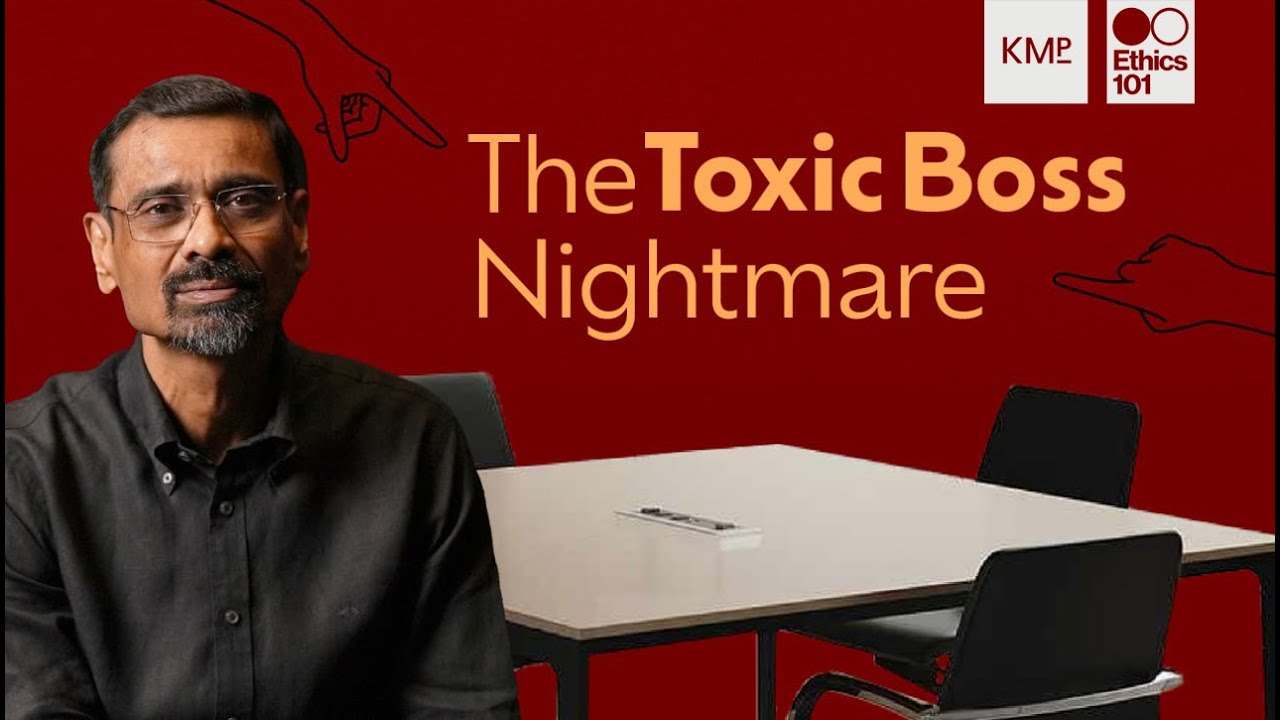How ‘Junk’ Fees Secretly Invaded The U.S. Economy (And How Pres. Biden Wants To Stop Them)
Summary
TLDRThe video script discusses the pervasive issue of 'junk fees' in the U.S., costing consumers nearly $65 billion annually. These deceptive charges are prevalent across industries like banking, telecom, entertainment, and hospitality, often hidden and providing little to no added value. Examples include overdraft fees, resort fees, and ticketing charges. The White House and regulatory bodies are taking action to curb these practices, with some success in reducing fees and increasing transparency. However, the debate continues over whether these measures will sufficiently eliminate junk fees or if they might inadvertently lead to increased costs elsewhere.
Takeaways
- 💵 Nearly $65 billion is lost annually to deceptive 'junk fees' in the United States.
- 🏦 These fees are prevalent across various industries including banking, telecom, entertainment, and hospitality.
- 🏨 Examples of junk fees include unexpected hotel amenity fees and mandatory charity donations that benefit the hotel itself.
- ⚖️ The White House has spoken out against junk fees, stating they weaken market competition, raise costs, and drain consumers' wallets.
- 💳 In banking, overdraft and late fees are significant contributors to the junk fee problem, with billions of dollars in revenue for banks.
- 🎟️ The entertainment industry also imposes substantial fees, such as those added to concert and event tickets, often not reflected in the advertised price.
- 🏠 Home-related fees, like closing costs and cable/internet charges, are another area where junk fees are common.
- 🔍 The government is taking action to tackle junk fees, with agencies like the FTC and CFPB using their existing authorities to address the issue.
- 🛂 Proposed legislation like the Junk Fee Prevention Act aims to ban certain types of fees and increase transparency, potentially saving consumers billions.
- 🤔 There is debate over whether eliminating junk fees could lead to increased interest rates or reduced credit availability for some consumers.
- 🔄 Despite some progress, the fight against junk fees is ongoing, with more regulatory changes and legal actions expected in the future.
Q & A
How much money is lost to junk fees annually according to the script?
-Nearly $65 billion is lost to junk fees annually.
What types of industries are mentioned as being involved in the practice of charging junk fees?
-The industries mentioned include banking, telecom, entertainment, and hospitality.
What was the unexpected fee the speaker encountered at a hotel?
-The speaker was charged a $40 a night amenity fee and a $1 mandatory charity donation that went back to the hotel.
How do junk fees affect the market according to the White House?
-Junk fees weaken market competition, raise costs, and ultimately drain the wallets of Americans.
What are some examples of banking fees mentioned in the script?
-Examples of banking fees include overdraft charges, late fees, fees to pay a bill, and account maintenance fees.
What is the estimated annual revenue from credit card industry fees and interest?
-The credit card industry levies about $120 billion in fees and interest each year.
What is the issue with resort fees as described in the script?
-Resort fees are added for amenities usage during a hotel stay, even if the guest does not use them, and they are often not displayed in the advertised price.
What is the average additional cost charged by ticketing companies as a percentage of the ticket's face value?
-Ticketing companies on average charge fees worth about 27% of the ticket's face value.
What actions has the government taken to address junk fees as per the script?
-The government has taken actions such as the FTC using laws against unfair or deceptive practices, the CFPB targeting overdraft and bounced check fees, and the Department of Transportation requiring companies to show the full price of a plane ticket at booking.
What is the proposed change to credit card late fees by the CFPB and how much could it save Americans?
-The CFPB proposes to change credit card late fees to $8, which could save Americans as much as $9 billion a year in late fees.
What is the concern raised by dissenting FTC Commissioner Christine Wilson regarding junk fees?
-Christine Wilson raises concerns about the flawed assumptions and vague definitions surrounding junk fees and questions whether government mandated all-in pricing will result in less price competition.
What is the estimated average annual savings per American household if junk fees were eliminated according to the Peterson Institute for International Economics?
-The Peterson Institute for International Economics estimates that the real savings of junk fees could work out to be $100 average annually for each of the 131 million American households.
Outlines

هذا القسم متوفر فقط للمشتركين. يرجى الترقية للوصول إلى هذه الميزة.
قم بالترقية الآنMindmap

هذا القسم متوفر فقط للمشتركين. يرجى الترقية للوصول إلى هذه الميزة.
قم بالترقية الآنKeywords

هذا القسم متوفر فقط للمشتركين. يرجى الترقية للوصول إلى هذه الميزة.
قم بالترقية الآنHighlights

هذا القسم متوفر فقط للمشتركين. يرجى الترقية للوصول إلى هذه الميزة.
قم بالترقية الآنTranscripts

هذا القسم متوفر فقط للمشتركين. يرجى الترقية للوصول إلى هذه الميزة.
قم بالترقية الآنتصفح المزيد من مقاطع الفيديو ذات الصلة

How to Diagnose and Replace Universal Joints (ULTIMATE Guide)

Becoming Antiracist training with subtitles (module 1a)

O perigo do "Bullying e Cyberbullying"

You’re Filled With Microplastics. So What?

Handling Harassment | Case Study | UPSC GS 4 | K M Pathi Ethics 101

The Worldwide War on Truth - Operation InfeKtion (3) NY Times
5.0 / 5 (0 votes)
